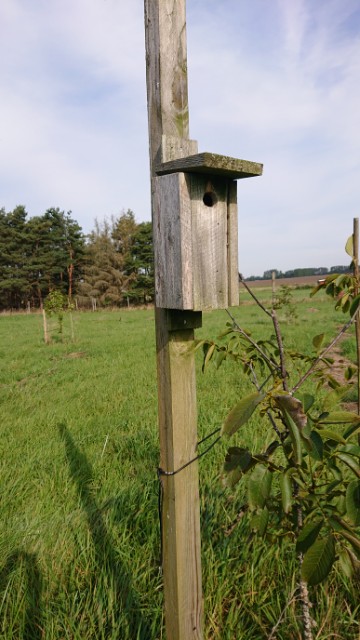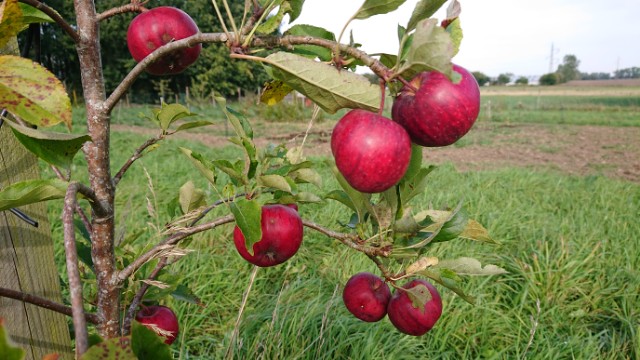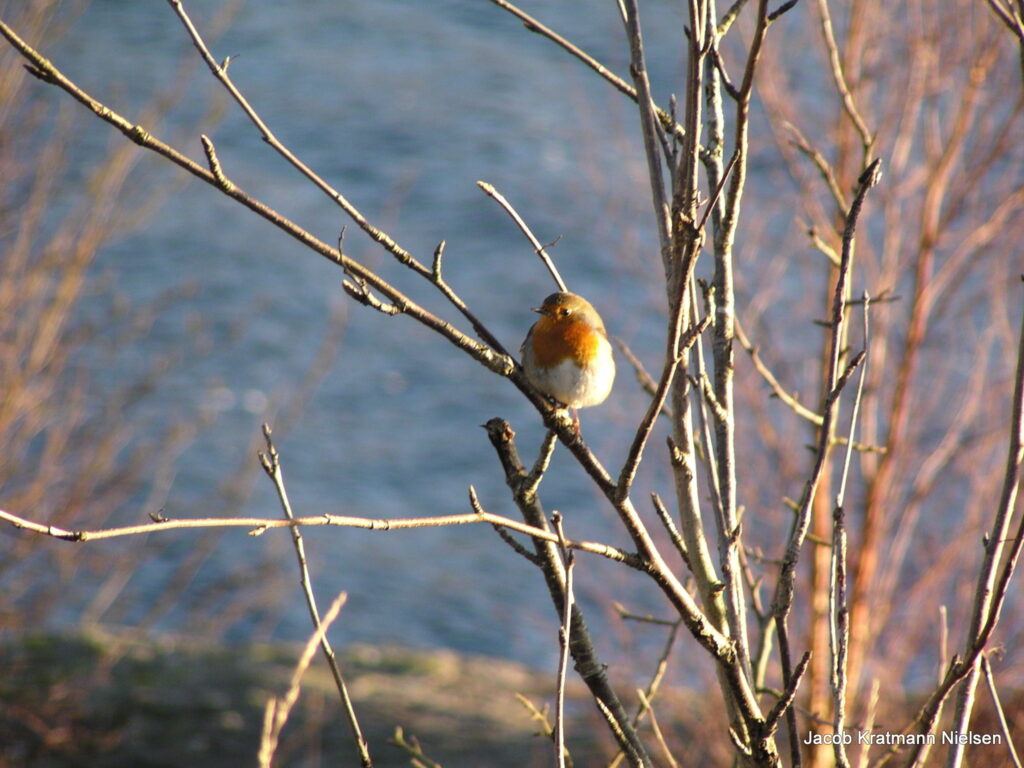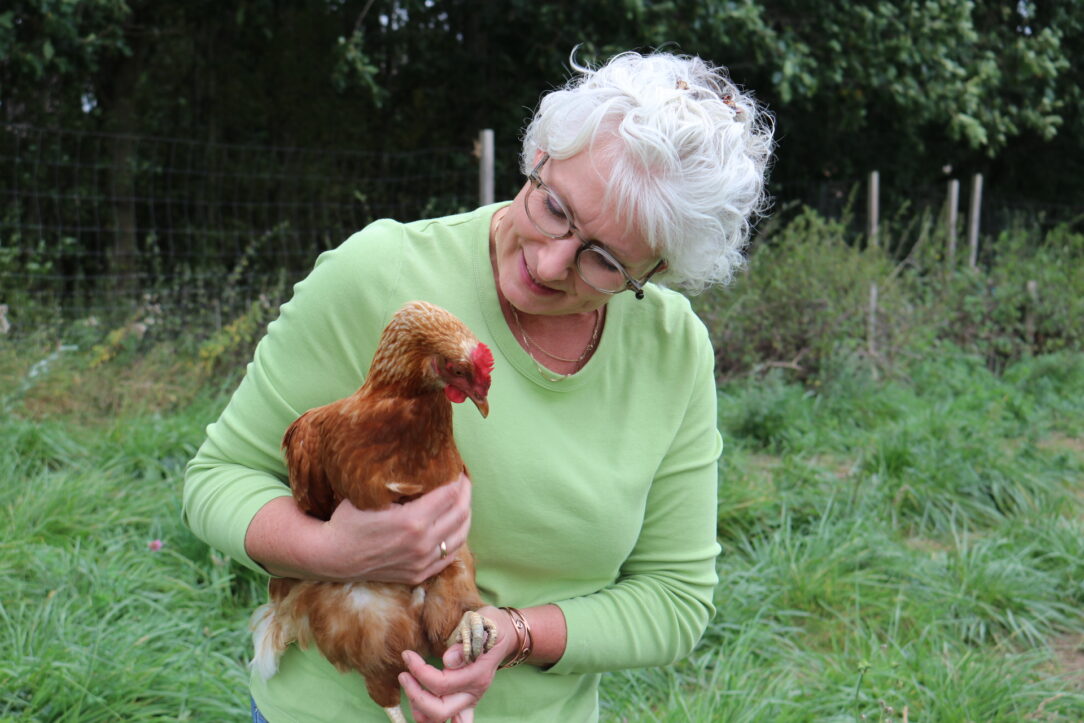Vivi Hjort Hansen and her husband Henrik had a dream of being self-sufficient. When they had the opportunity to buy Toftehøj in Herlufmagle in 2019, the fulfillment of their dream took place. One of them is to cultivate the most common fruits and vegetables in the field. The ground is big enough to be able to produce food for their own table and for other people, so the plans of selling their organic harvest materialized shortly after moving in. Since they are small farm owners, it is advisable to practice the manual production of farming and without any use of pesticides or chemicals that could eventually harm not only their harvest, but also the animals and the ground water. The couple uses only small truck machines in maintaining the farm like when cutting the grass. As organic farmers, they also prefer organically cultivated ingredients when buying food from outside.
Through good planning and research, a decision was made to take the actions of achieving the certification of organic products, the Danish organic label, which is the most trusted in Denmark. One will be issued a license after three years of conducting strict monitoring of both the size of the land in connection with the number of animals in the farm. The Danish Veterinary and Food Administration, DVFA, deals with food health and safety issues from farm to fork. They have the authorization under the following government agencies namely:
- Fødevarestyrelsen (the Danish Food Agency)
- Landbrugstyrelsen (The Danish Agricultural Agency)
- Fiskeristyrelsen (The Danish Fisheries Agency)
Vivi and Henrik received the Danish organic certification in 2023 and their marketing efforts got even stronger. Even though they only produce a limited amount of harvest like marmalade, concentrated fruit extracts (juices), eggs, apples and a few variety of vegetables, their reputation in the local area is very good. “They have the most tasty organic eggs in the area,” said many of the consumers. Some of the vegetables grown in the farm are squash, kale, blue and green beans, edamame and ying yang beans, red beet root, potatoes and onions. While strawberries, raspberries, blueberries and rhubarb, black currant are sold frozen after the summer season. “Eat what is in the season”. Since Denmark is not a tropical country, good planning is important if you wish to have a good harvest, and even then, the amount of harvest depends a lot on the weather. This year, summer has been quite warm and long, but also dry. Still, it has been possible to have a good harvest on some crops and fruits. You will not always get the same result every harvest and that means, one should be prepared that there might be some periods where a farmer’s expectation could not be met.
Their organic apple orchard of four hectares has ten different types of apples. The trees don’t necessarily need to be taller than 2.5 meters. It is enough for the apple trees to produce tasty and a good amount of apples.
Watch the following videos of my personal interview with the couple.
On the other hand, two different chicken races walk around freely the whole year round in the orchard, namely the races – Isa Brown and Lohmann Lite and they happily eat apples as part of their daily diet. They can only be fed using organic food that is produced exclusively in the farm itself to maintain their certification and to avoid the risk of sickness. The couple are diligently maintaining their farm everyday, like removing weeds or cutting the grass before planting. In this way, they can also avoid pests in their crops. Every 9th week, a sample test should be sent to the authorities for salmonella treatment plan, conducted by the Danish Agriculture and Food Council (Landbrug & Fødevarer).
It is only a two-man farm that demands a lot of energy and time to maintain, but for Vivi and Henrik, it is what they love to do and spend their day with. Imagine the perseverance a person has to set his mind to in order to think logically and creatively being new in the farming business.



The couple have also set bird houses around the orchard that are beneficial for both the plants and fruits. The birds will naturally breed and eventually multiply. They love to eat many of the insects that thrive in the farm. “In that way, we can minimize damage to the crops”, added Vivi.
Voluntarily written and produced by:
Sheree Ann Kratmann Indiongco
Thank you for reading 🙂


